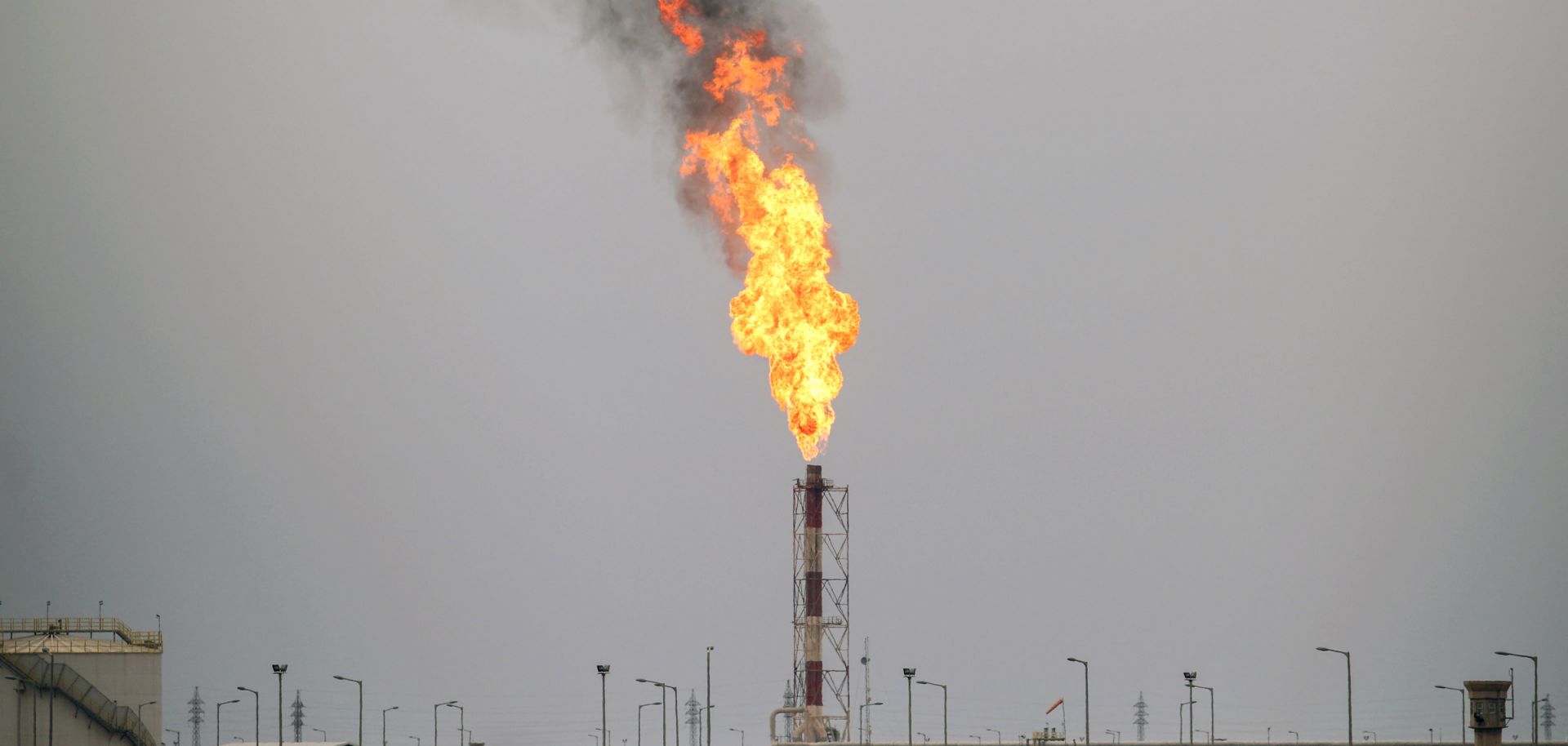After just over 10 years of debate, amendment and repeated rejection in Parliament, Iraq's landmark oil bill is no closer to passing. The Cabinet first introduced the draft law in February 2007 to revamp and jump-start the country's crucial oil and gas sector after the fall of longtime leader Saddam Hussein. And though the intervening decade has done little to address the underlying factors that paralyzed Baghdad's attempt at reforming the energy industry, that hasn't stopped the country's leaders from trying. Since taking office in August, for instance, Oil Minister Jabbar al-Luaibi has steered Iraq's energy policy in a more pragmatic direction. The legislature will soon debate the latest iteration of a bill to reinstate a national oil company to oversee the country's smaller, regional firms, and al-Luaibi recently announced that Baghdad is exploring new contract models for foreign investors. Leaders such as Shiite National Alliance head Ammar al-Hakim, meanwhile, have proposed various plans to reconcile Iraq's different stakeholders to end the country's political gridlock. Even so, the differences between and within Iraq's Sunni Arab, Shiite Arab and Kurdish communities will continue to undermine progress in the oil and gas sector, particularly with elections looming on the horizon....

